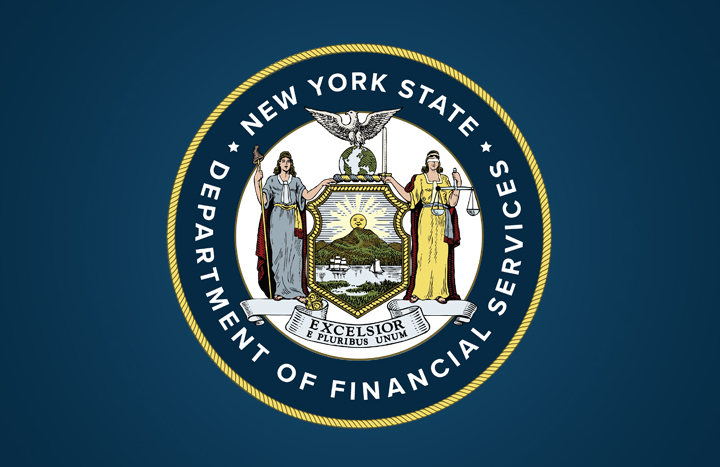
New York Sets Stringent Customer Service Standards for Virtual Currency Entities
The New York State Department of Financial Services (NYDFS) has introduced new customer service guidelines for virtual currency entities (VCEs), marking a significant step in the state’s regulatory oversight of the cryptocurrency industry. This guidance, issued on May 30, 2024, by NYDFS Superintendent Adrienne A. Harris, aims to ensure that VCEs maintain effective policies and procedures for promptly addressing customer service requests and complaints.
The NYDFS guidance mandates that all VCEs provide both a phone number and an electronic text communication method, such as email or chat, for customer service. These channels must be clearly stated on the VCE’s website and mobile application. Human customer service representatives (HCSRs) are required to be available during the VCE’s normal business hours to handle these inquiries. The guidance specifies that calls should not receive a busy signal and that customers calling outside business hours should receive a voicemail option with a clear timeframe for response.
Similarly, electronic text communications must be acknowledged automatically, confirming receipt and providing a tracking number along with an estimated response time. This system aims to build customer confidence by ensuring that communications are from legitimate sources and not phishing scams.
The guidance emphasizes the importance of keeping customers informed about the status of their requests or complaints. VCEs must provide regular updates and estimated timelines for resolution. In cases where issues cannot be resolved by the initial HCSR or require escalation, customers should be able to track the status of their requests. Additionally, VCEs are required to inform customers when they are interacting with AI tools rather than human representatives and must provide options to escalate issues to HCSRs.
The use of AI in customer service processes must be closely monitored and tested to ensure accuracy and reliability. This includes both in-house developed AI tools and those from third-party vendors.
Starting in the third quarter of 2024, VCEs must begin tracking and reporting customer service requests and complaints, including the method of contact, the topic of the request or complaint, and the time taken to resolve each issue. This data must be compiled into quarterly reports that will be available for NYDFS review by November 1, 2024. These records are essential for the NYDFS to assess the effectiveness and efficiency of the VCEs’ customer service policies.
The guidance also requires VCEs to solicit customer feedback on the resolution process and overall satisfaction. This feedback, along with the tracking data, will help VCEs identify trends and areas for improvement, ensuring continuous compliance with the guidance.
The introduction of these stringent customer service standards is part of NYDFS’s broader effort to position itself as a leading regulator in the virtual currency space. This move comes amid ongoing criticisms of the BitLicense regime, which some industry players have deemed overly restrictive. However, Superintendent Harris has defended the NYDFS’s regulatory approach, emphasizing the importance of consumer protection and the need for clear and enforceable standards.
The guidance is expected to improve transparency and customer satisfaction, benefiting both consumers and businesses. By ensuring that VCEs provide timely and accurate information and effective resolution of complaints, the NYDFS aims to enhance trust in the virtual currency market.





